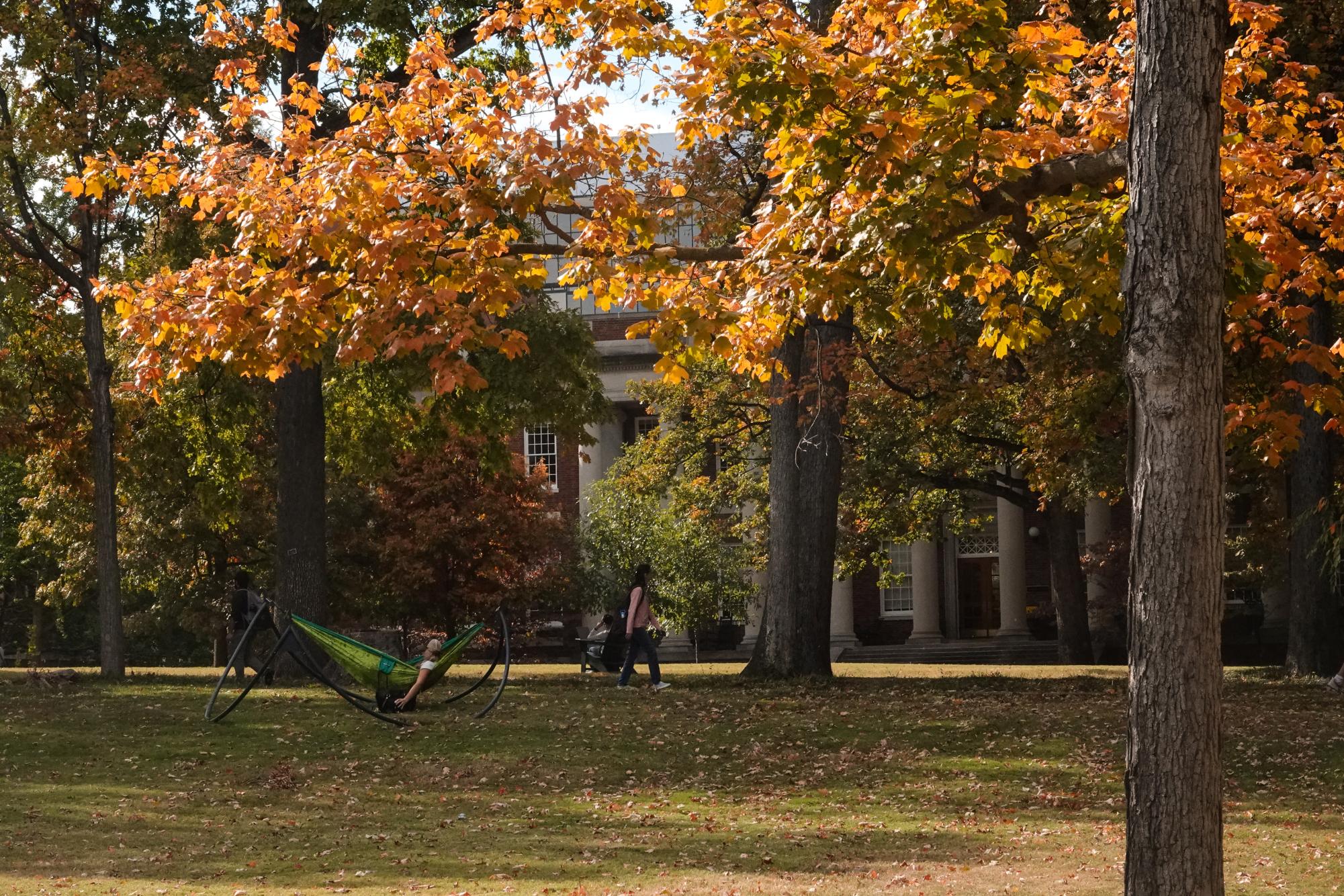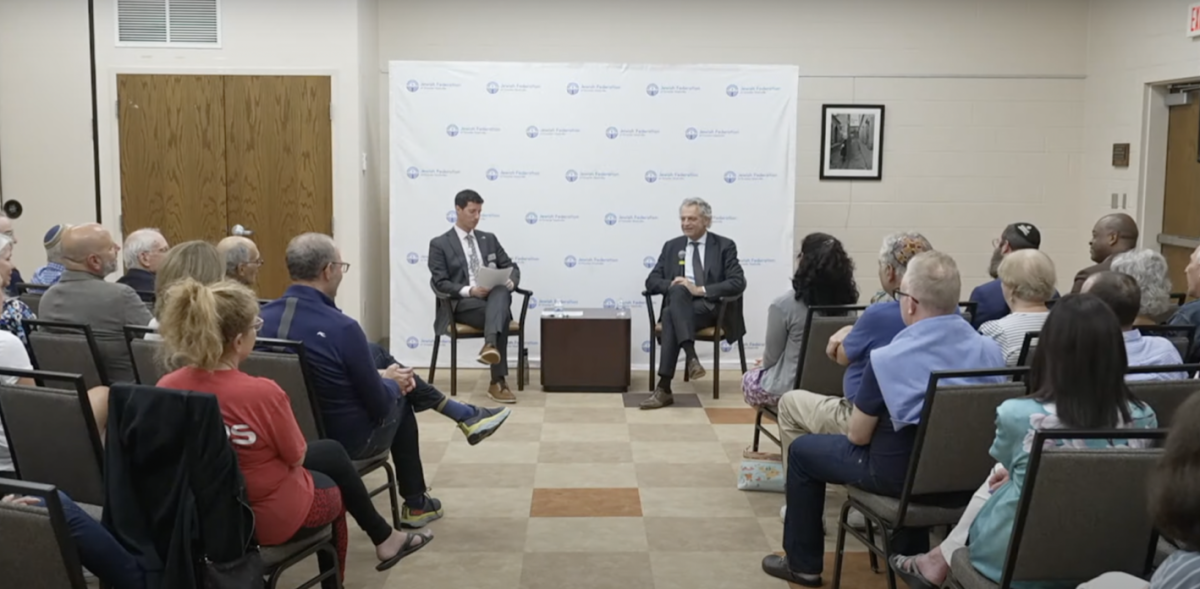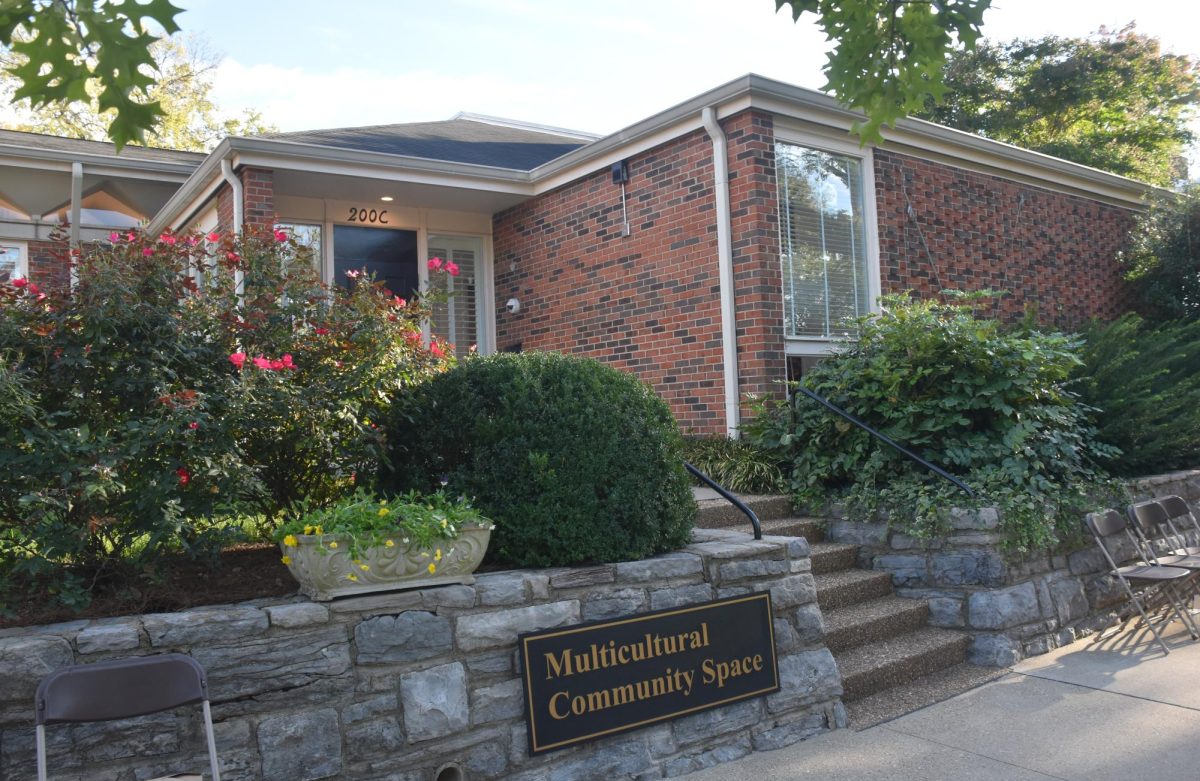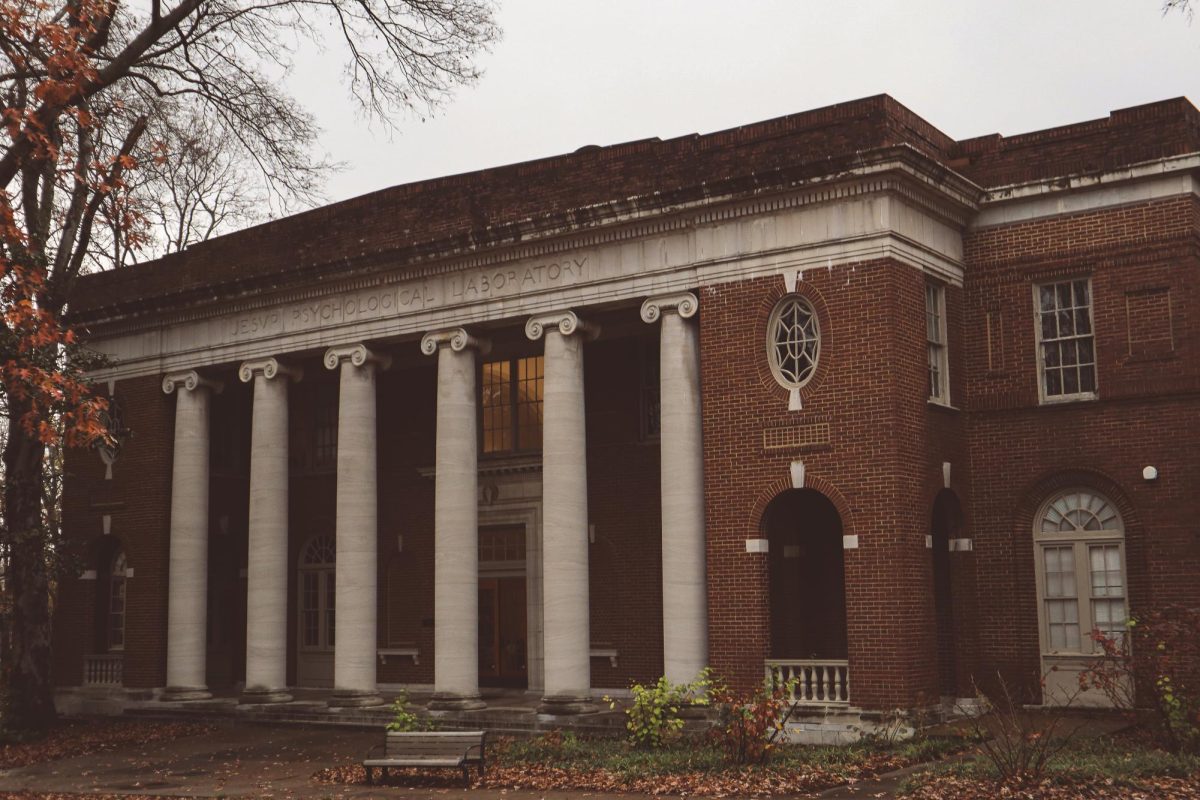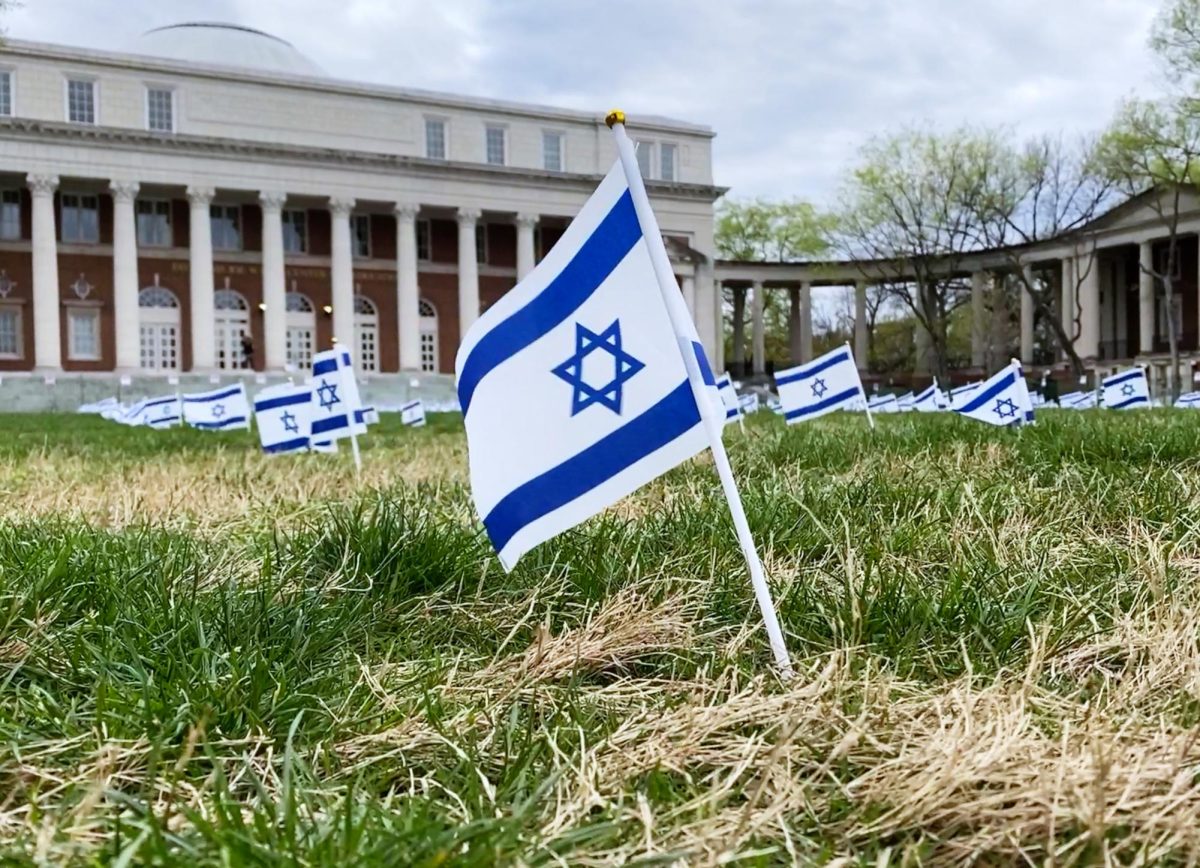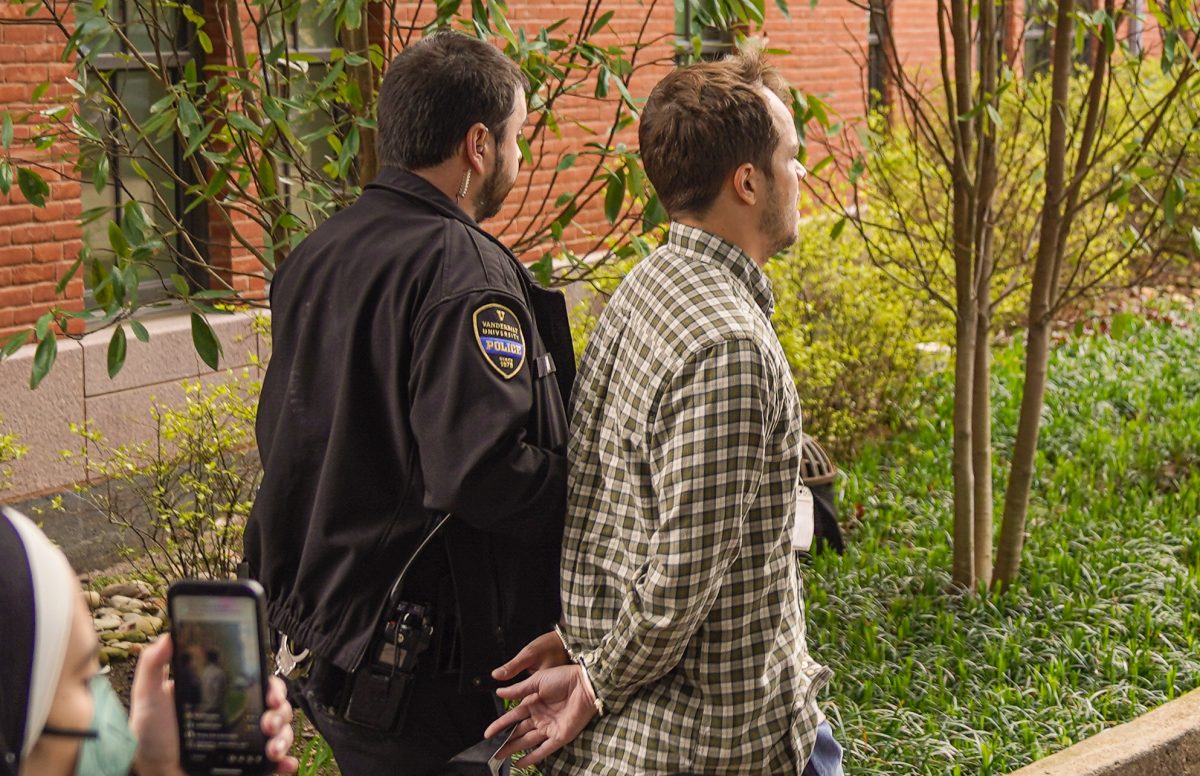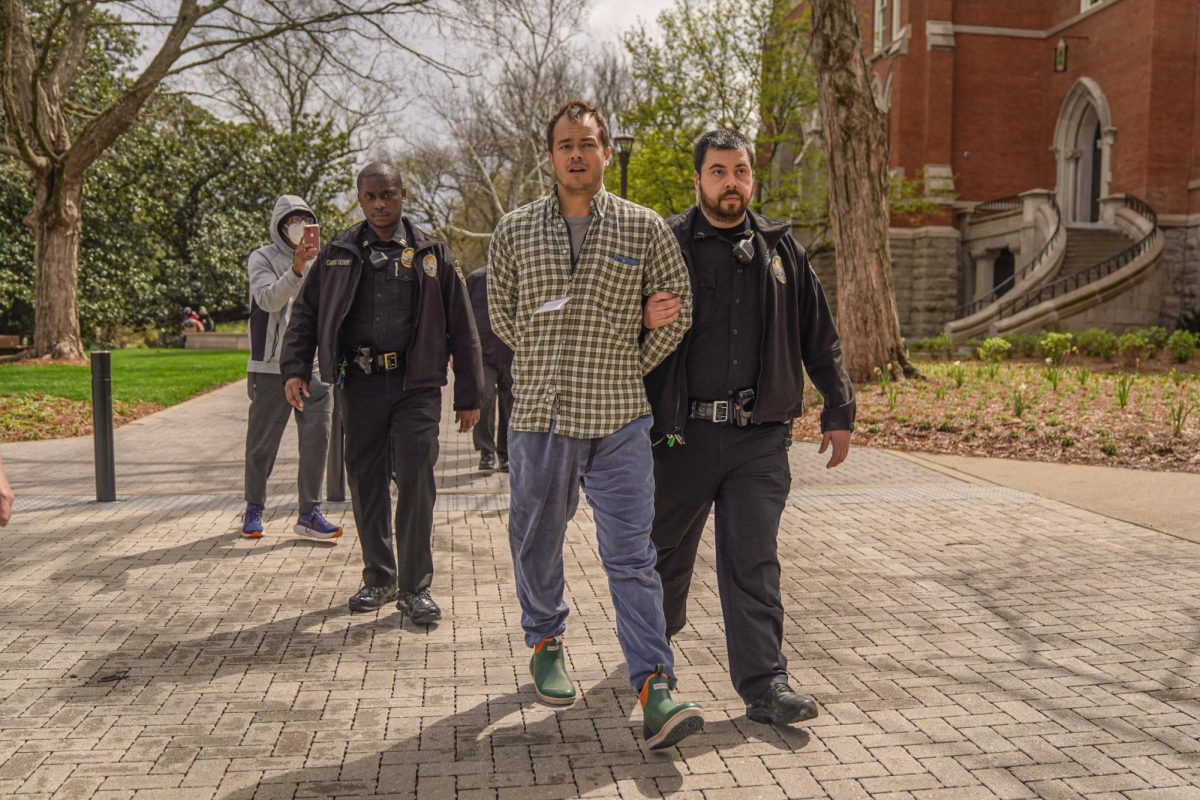In the last couple of weeks, college campuses across the country have seen a heightened level of stress and tension — especially for students impacted by the ongoing Israel-Palestine conflict.
While it would be naïve to think that such conflicts do not impact college students, I have grown increasingly disappointed and concerned with the nature of discourse about these tough topics on our campus. College should be a time to freely grapple with difficult ideas and explore new opinions. But, that is difficult to do when I find myself being confronted by inflammatory exhibits that cloak their goal of activism under the guise of educational and factual material.
It feels frivolous to participate in conversations about the ethnic and religious issues of another region knowing that, as a student at a top private university in the U.S., I carry a special privilege that is not afforded to most people. The privilege to attend class every day and learn about topics ranging from intersectionality to black holes to the Mayan empire. The privilege to have three meals a day at my disposal and a health center just a block away from me. That is not to say that the life of a college student is perfect. Many students struggle to get the aid and mental health resources that they need to succeed in their academic and personal lives. However, I find that most students cannot appreciate the many protections and freedoms that are available to all of us.
Over Spring Break, I had the opportunity to visit Israel and volunteer at understaffed farms. During the day, I spent my time picking oranges and planting lettuce, while at night, I spoke extensively with Jewish and Arab Israeli citizens with a variety of perspectives. Outside of their own opinions on the conflict, each individual was still processing their raw trauma and pain. And despite their differing views about the conflict and the current state of the Middle East, one thing was abundantly clear — as an American student studying at a top research institution, I have the privilege of safety and security that most of the world cannot access.
Coming from a region engulfed in a devastating war to Vanderbilt’s campus was jarring — I found that our campus community’s discourse and debate was not productive and lacked empathy and understanding. I respect that the issues in the Middle East are nuanced and students want the freedom to express their grievances and demand more from the administration. However, one thing remains absent from the conversation — the fact that we have the freedom to express these views with relatively little consequences compared to those overwhelmed in the real conflict. While sit-ins, protests, posters and Instagram pages are absolutely ways to engage in activism, they should not be conflated with actual ongoing strife around the world. Students have even compared the conditions at Vanderbilt to a literal jail, just one example of gross misinterpretation and misrecognition of our privilege.
I encourage students to leverage this privilege to make their opinions heard and fight against the injustices they care about. I also encourage students to use the resources at their disposal to enrich themselves and engage in discussions and studies that are unique to our advantaged position.
It is challenging to participate in this reflection — to recognize the immense amount of resources that we are privy to and the distinctive opportunity to undertake endeavors that can create meaningful change on our campus, throughout the city and even in the world. The power of speech and protest is not one that I, or any Vanderbilt student should take for granted. Nevertheless, our campus has taken on a complicated conflict that materially impacts a small portion of students with the unnecessary expectation for everyone to take a side.
It is challenging to participate in this reflection — to recognize the immense amount of resources that we are privy to and the distinctive opportunity to undertake endeavors that can create meaningful change on our campus, throughout the city and even in the world.
For anyone contending with the hardships occurring all over the world and in our own communities, I hope that you find the outlet to express yourself in a positive and productive manner and encounter support systems who will hear and listen to your concerns. I also wish that individuals and organizations on this very campus can recognize their privilege and maintain respect for each other’s experiences and viewpoints. As a community that is supposed to share the common values of acquiring knowledge and bettering the world for those around us, we must step back and acknowledge our fortunate position. It feels to me like we are progressively allowing polarization to get the best of us and squandering this distinctive opportunity to celebrate our diversity of opinion and experience. Ultimately, we, as a campus community, should aspire to find common ground and work towards cooperation, not divisive factionalism — a challenge that starts with realizing our privilege.



